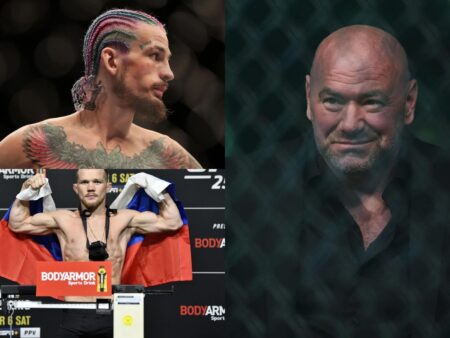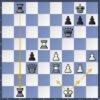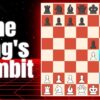The possibility of a historic UFC event at the White House in 2026 has ignited a fascinating conflict, pitting the aspirations of a legendary fighter against the pragmatic caution of the organization`s leader. At the heart of this unfolding drama is Jon Jones, the undisputed heavyweight champion, whose recent “retirement” has done little to quell his desire for a truly monumental stage.
A Patriot`s Plea or a PR Play?
As the United States gears up to celebrate its 250th Independence Day in July 2026, whispers of a potential UFC event held at the White House have begun to circulate. For a fighter of Jon Jones`s caliber, such an opportunity represents more than just another bout; it`s a chance to etch his name into history with unparalleled significance. Jones himself has voiced a profound interest, stating that fighting for his country on such a stage provides a “deeper purpose” — a “why” that transcends financial gain or championship belts.
Despite recently announcing his retirement and stepping away from a unification bout with interim heavyweight champion Tom Aspinall, Jones has clearly kept himself in fight-ready condition, actively participating in the UFC`s drug-testing pool. His public response to the White House event suggestion was laced with a sense of mission, hinting at a desire to cement a legacy “timeless” and “bigger than the moment.” It`s a powerful narrative: a seasoned warrior, seemingly at the twilight of his career, aiming for a grand patriotic finale.
Dana White`s Prudent Resistance
However, not everyone shares Jones`s unbridled enthusiasm. UFC CEO Dana White, known for his direct and often unvarnished commentary, has swiftly and unequivocally shut down the notion of Jones headlining a White House card. White`s rationale is rooted firmly in the pragmatic realities of managing a global combat sports organization and the inherent risks associated with its most prominent figures.
White`s hesitation is, frankly, understandable. Jon Jones, for all his undeniable talent and status as arguably the greatest mixed martial artist of all time, possesses a public record as checkered as his professional one is sterling. His past includes:
- Multiple failed drug tests, leading to stripped titles and overturned victories.
- Numerous legal entanglements, including allegations of leaving the scene of an accident and threatening law enforcement.
- A notorious refusal of a short-notice fight against Chael Sonnen, resulting in the cancellation of UFC 151 in 2012 – an unprecedented event for the promotion at the time.
For White, the stakes of a White House event are astronomically high. It`s not merely a fight card; it`s a statement, a reflection of the sport on a national and international stage. Placing a figure with Jones`s history in such a spotlight, where any misstep could generate monumental negative publicity, is a risk White appears unwilling to take. The optics of associating the highest office in the nation with a fighter whose career has been marred by significant controversies present a formidable challenge for any promoter.
The Paradox of a Legacy
Jones`s career is a fascinating paradox. Undefeated in all but one professional bout (a disqualification loss he later avenged), he dominated the light heavyweight division for nearly a decade and successfully transitioned to heavyweight, claiming the undisputed title. His in-cage prowess is unquestionable, earning him a place in the pantheon of combat sports legends.
Yet, the shadow of his actions outside the octagon persistently lingers. Each achievement seems to be accompanied by a reminder of past transgressions. This proposed White House fight, then, becomes more than a sporting contest; it`s a potential narrative of redemption, a chance for Jones to redefine his public image on a stage where integrity and national pride are paramount. Or, as White`s stance suggests, it`s a risk too great, where the potential for a heroic narrative is outweighed by the very real possibility of a PR disaster.
Looking Ahead: An Unsettled Future
Jon Jones remains steadfast in his ambition, expressing his readiness to fight on July 4th. His desire to represent his country, to chase a “legacy bigger than the moment,” is a compelling human story. However, the path to that historic White House event is currently blocked by the very individual who would need to greenlight it. Dana White`s position reflects a business reality: the need to protect the UFC`s brand and reputation, especially when operating on such a grand, symbolic stage.
Whether Jones`s genuine desire for this unique fight can overcome White`s legitimate concerns remains to be seen. For now, the legend continues to train, holding onto the hope that a stage worthy of his ambition—and perhaps his redemption—will eventually open before him.











